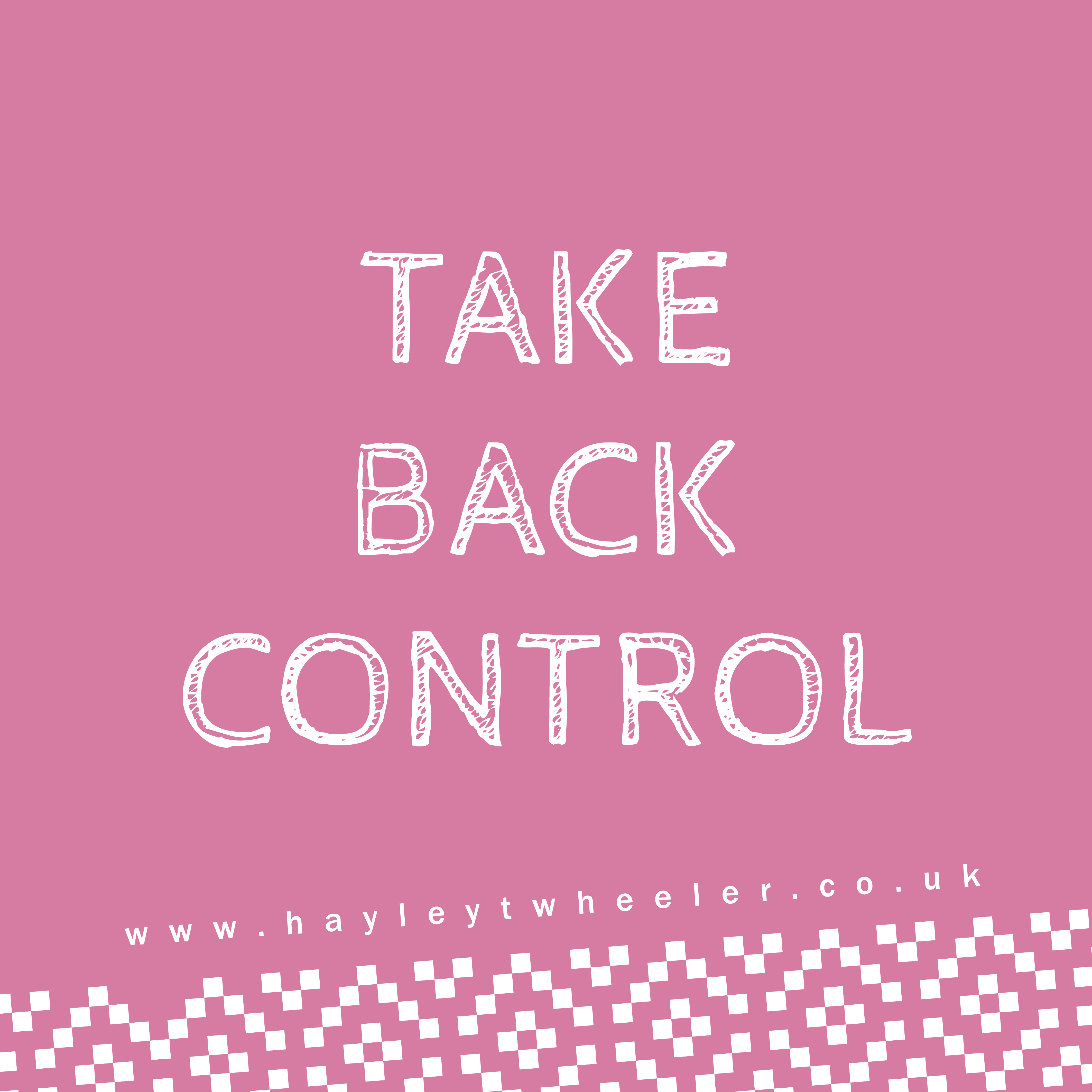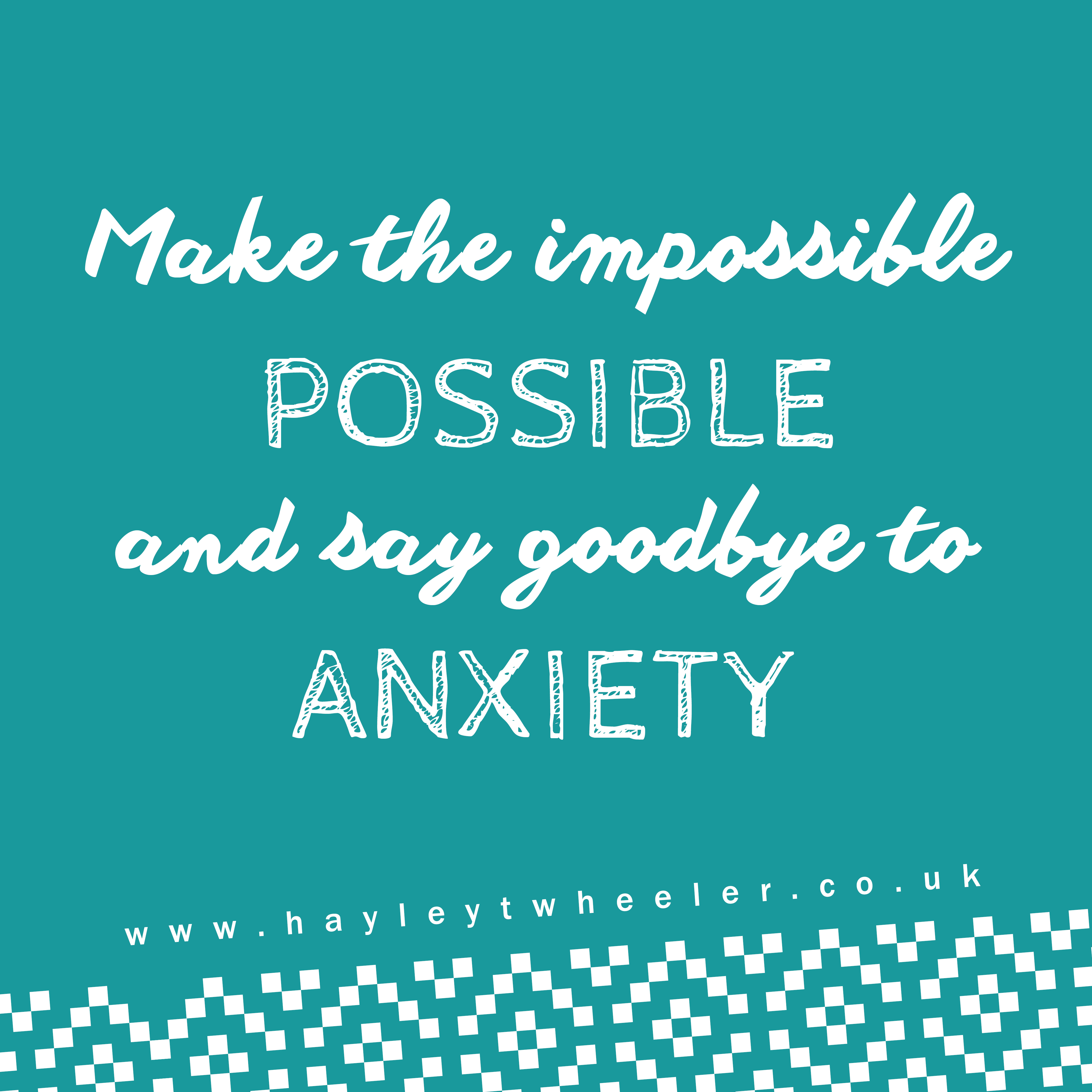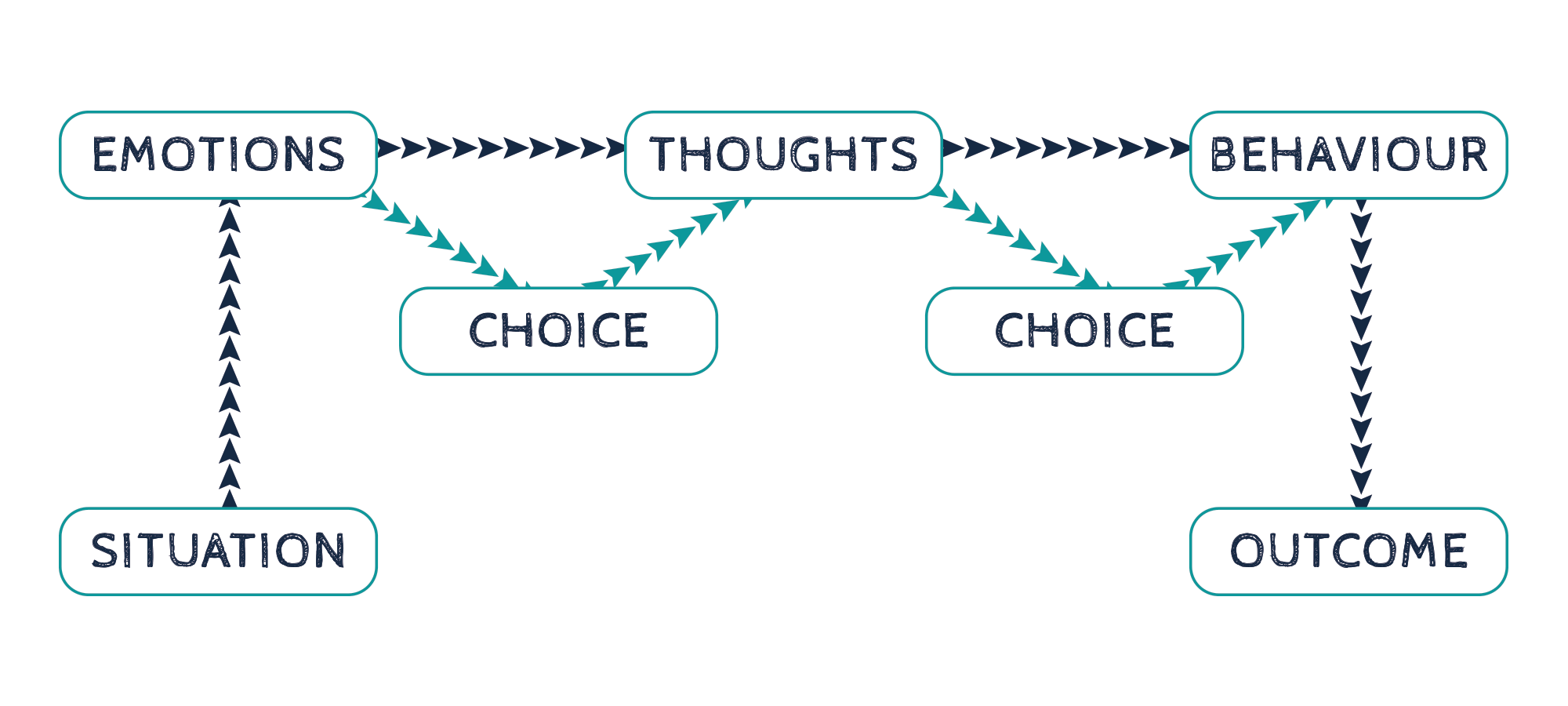Understanding Anxiety
How anxiety affects you and how your body behaves is a different experience of each of us. A good way to help you feel more in control of your anxiety is to learn how to recognize and acknowledge the early signs and symptoms.
How anxiety affects you and how your body behaves is a different experience of each of us. A good way to help you feel more in control of your anxiety is to learn how to recognise and acknowledge the early signs and symptoms. (anxiety and depression are often lived with together, there is a cross over of symptoms)
SIGNS & SYMPTOMS OF ANXIETY
- Negative thoughts
- Not wanting to go out or socialise
- Avoiding people
- Going to the toilet a lot
- Not being able to sleep at your usual bedtime
- Emotional Overload - feeling angry, sad, disappointed, frustrated, desperate
- Overeating, or under eating
- Feeling the need to be more physical to express frustration
- Feel like you are choking
- Thoughts about death, or losing someone close to you
- Feeling sick, tummy pains
- Headaches
- Feeling dizzy
- Defensive or Argumentative
- Shaking
- Heart beating fast
- Sweating, or feeling unusually cold
- Panic attacks
Anxiety makes our bodies and minds do, see and think things that may or may not be true. Your body takes on a life of it’s own. Your mind goes off stomping through the worst case scenarios grasping at each one, building the fear and anxiety as it goes.
Although it feels like anxiety is always in control, this is often the point that anxiety truly takes control. Prior to this, it is our fear of what we think will happen when the anxiety kicks in that controls us.
Anxiety kidnaps your senses. It blinds you with fear and blurs your understanding of the situation. It makes you believe the worst. It doesn’t allow you time to think sensibly and it makes your fears seem absolutely real. There is no time to challenge your thoughts as you are fighting the anxiety’s perception of a threat. Anxiety bombards you with intense feelings, emotions and thoughts. The anxiety makes you act irrationally in panic because you can’t see a safe way out. You can’t make good decisions. Your body feels like it is on high alert at all times, always feeling unsafe and struggling to find ways to cope with these feelings.
Knowing what makes you feel anxious (triggers) will help you better understand how to manage your anxiety.
Everyone’s experience of ‘triggers’ is different even if they are anxious in similar situations. Some triggers will be obvious but there may be times when you feel anxious but can’t figure out why. Once you recognise your triggers, you will start to see the Signs and Symptoms early. A Symptom is how the anxiety affects you, and the Signs are how you and your body behave.
A good way to help you take control of your anxiety is to start to recognise and acknowledge the early signs and symptoms.
How your anxiety affects you is individual to you and how you manage it will also be unique to you.
Understanding yourself and your anxiety is the first step to taking control.


How I helped my son overcome Anxiety
I witnessed his behaviour - crying, shouting, wringing his hands, going to the toilet - and helped him to see that this was happening, as it was hard for him to recognise his anxious behaviour. But his behaviour is the end of the process - the result of the thoughts and emotions, what he was thinking and feeling. Initially it was difficult for him to see this was going on, so we worked backwards through this process to change the pattern. Every time he was afraid, he would have negative thoughts which resulted in panicked behaviours.
To address this, we needed to work out what the triggers were, and remember that there are choices at every step of this process. To begin with, we used experiences that he could recall where he felt anxious, and looked back to see where the choices were available to him. This helped to establish new patterns where they are able to access each situation that normally results in a anxious behaviour, as they can understand this process and the different choices available to them which disrupts the outcome.

When I discovered that my son had anxiety, it wasn’t a shock. But I was disappointed that up until that point, I hadn’t recognise it myself. He had been born with anxiety - a traumatic pregnancy and birth, and had lived this way for his eleven years. Helping him conquer his anxiety was so empowering - to get a child of 11 from a point where he was having several panic attacks daily, to be in control and not be restricted by anxious emotions that previously stopped him from enjoying events, travelling, and new experiences.
SIGNS & SYMPTOMS OF ANXIETY IN CHILDREN
Children’s anxiety can show up a little differently in children than adults. Anxiety and depression can show up together
- Find it hard to concentrate, not listening
- Not sleeping or waking with bad dreams
- Quickly getting angry irritable, volcano moments
- Excessive worry or negative thoughts
- Tense, fidgety or restless
- Crying, screaming, shouting
- Being clingy, become needy
- Complaining of tummy aches, headaches, feeling unwell
- Going to the toilet a lot
- Disrupted eating patterns
- Temper tantrums
- Asking lots of questions, needing reassurance
- Not able to be in crowds
- Not able to communicate about what is going on for them
- Feeling confused about how they are feeling
- Low self esteem
- Feeling judged
- Seem cocky, rude
- Self harm
- Suicidal thoughts
- Feeling panic
- Controlling the home environment
- Controlling parents
Beating Anxiety with coaching
I am passionate about the impact coaching can have. I believe it can not only help manage mental health, but conquer the problem. Being able to conquer it, you can understand where its come from and be able to get rid of it.
Anxiety is really complex, and it feel impossible to change or challenge it. Lots of people come to accept that anxiety is part of their everyday life, and they have to learn to live with it.
But it doesn't have to be like that, you have a choice. You can take action to change and even conquer your anxiety and depression. By saying yes to coaching, you can make the impossible possible, and you can get rid of anxiety.
Through using my coaching model, and completing my coaching programme I want to give parents, children and adults the power to conquer their mental health. My son is free of any kind of anxiety or panic attack. You really do not have to live in a constant state to fear.
Emotion Mind Dynamic Self-study Programme
The Programme is open for enrolment.
To enrol click the "Enrol" button.
For existing members returning to continue to study, click Login.
